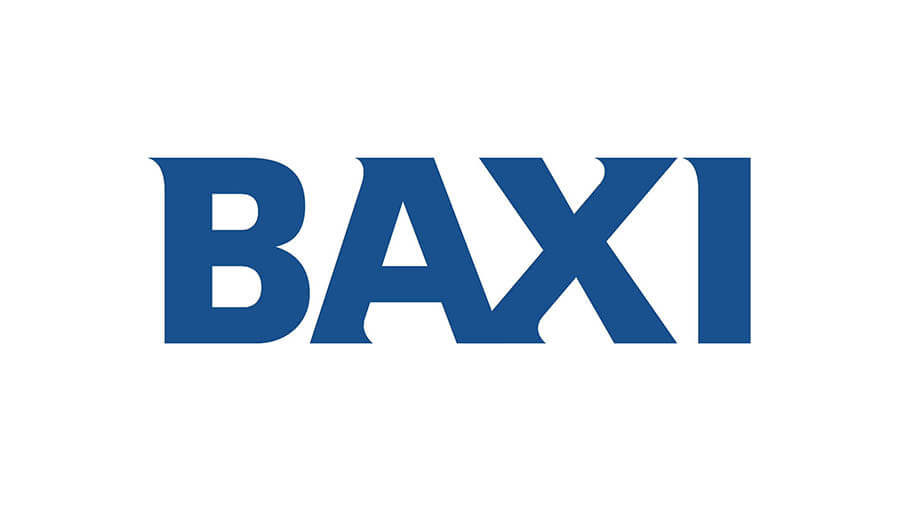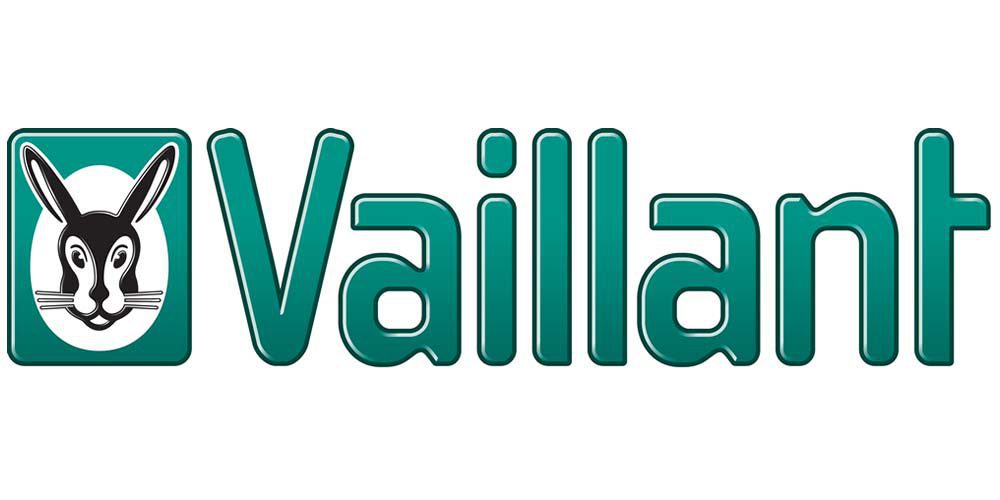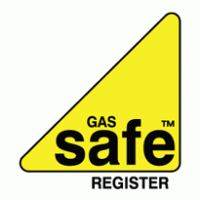 Boilers are the unsung heroes of our homes, providing warmth and hot water during the coldest months. However, when they break down, it can be stressful, costly, and uncomfortable. Regular maintenance and timely repairs are essential to keep your boiler running smoothly and efficiently. In this guide, we’ll walk you through everything you need to know about boiler repairs—from common issues and troubleshooting tips to when it’s best to call in a professional.
Boilers are the unsung heroes of our homes, providing warmth and hot water during the coldest months. However, when they break down, it can be stressful, costly, and uncomfortable. Regular maintenance and timely repairs are essential to keep your boiler running smoothly and efficiently. In this guide, we’ll walk you through everything you need to know about boiler repairs—from common issues and troubleshooting tips to when it’s best to call in a professional.
A well-maintained boiler is more efficient, lasts longer, and is less likely to break down when you need it most. Boilers that are regularly serviced use less energy, reducing your energy bills and carbon footprint. Neglecting your boiler can lead to significant issues, such as carbon monoxide leaks, which pose serious health risks. Additionally, many manufacturers require annual servicing to keep warranties valid.
Here are some of the most frequent problems encountered with boilers, along with troubleshooting steps to help diagnose and potentially resolve these issues:
While some minor issues can be resolved with basic troubleshooting, there are times when calling a professional is necessary. If you notice gas smells, suspect a carbon monoxide leak, or have ongoing issues that troubleshooting hasn’t resolved, it’s time for expert assistance. Additionally, any repairs involving the gas supply should always be handled by a certified engineer.
Look for certified professionals with credentials such as Gas Safe in the UK. Qualified technicians have the training to safely and effectively address boiler issues, providing peace of mind and a quality guarantee.
The cost of boiler repairs varies widely depending on the type of repair, your location, and the brand of your boiler. Here’s a general breakdown of what you might expect:
Annual servicing fees range from £80 to £150 and are essential for preventing major issues. Many homeowners find annual maintenance plans, offered by some boiler brands or repair companies, to be more economical.
While major repairs should be left to professionals, there are several steps you can take to keep your boiler running smoothly and prevent breakdowns.
There comes a time when repairing an old boiler may no longer be cost-effective. Here are signs it may be time to replace:
Q: How long does a boiler repair usually take?
A: Most boiler repairs take between 1 and 3 hours, depending on the complexity of the issue. However, if specific parts need to be ordered, the repair might take longer.
Q: Can I repair my own boiler?
A: Basic maintenance like bleeding radiators or topping up pressure can be done by most homeowners. However, repairs involving gas or electricity should always be handled by a certified professional to ensure safety.
Q: Are there any boiler brands known for being easy to repair?
A: Some brands, like Vaillant and Worcester Bosch, are known for their reliability and ease of repair. However, the quality of repair service available can depend on location and access to certified technicians.







